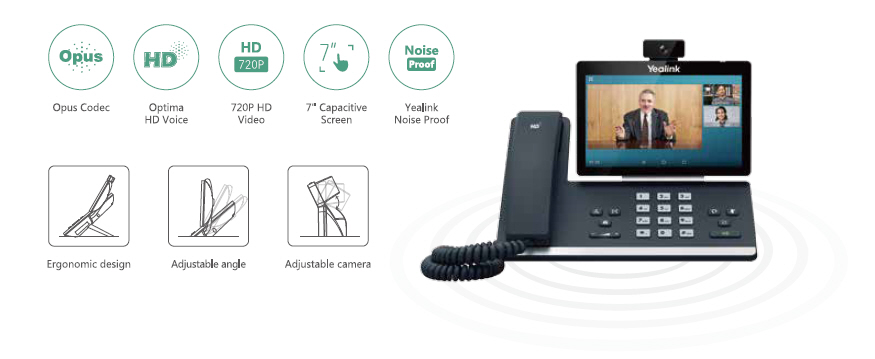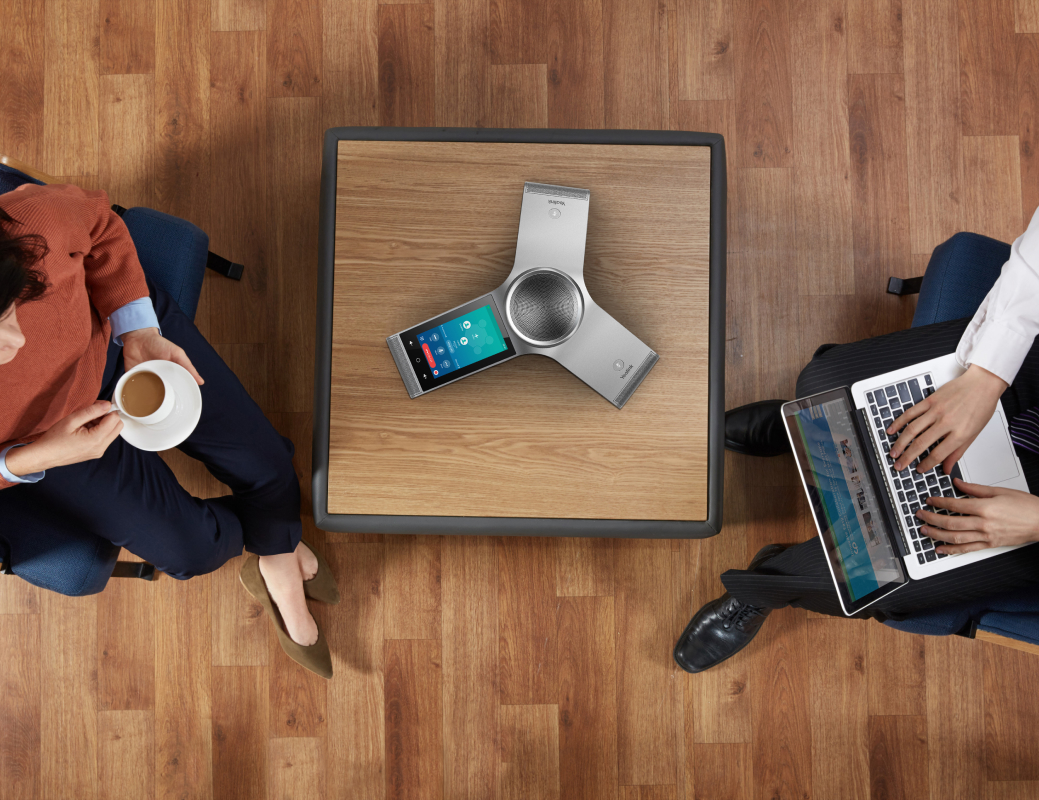Introduction to Emergency Services and VoIP Phones
The evolution of communication technology has ushered in a new era where traditional landlines are gradually being replaced by advanced systems, notably Voice over Internet Protocol (VoIP). While VoIP phone systems offer numerous benefits—such as cost savings, flexibility, and enhanced features—they also raise pertinent questions regarding emergency services. This article will delve into the intricacies of how VoIP phone systems interact with emergency services, ensuring that users are well-informed about what they need to know.
Emergency Services and VoIP Phones: What You Need to Know
When we talk about emergency services, we typically refer to police, fire departments, and medical assistance. With the advent of VoIP phone systems, it is crucial to understand how these services operate compared to traditional telephone systems.
What Are VoIP Phone Systems?
VoIP phone systems convert voice communication into digital data that can be transmitted over the internet. Unlike traditional telephony http://lanerbdb288.raidersfanteamshop.com/exploring-the-best-voip-phone-system-providers-of-2023 that relies on circuit-switched networks, VoIP employs packet-switching techniques.
How Do VoIP Phone Systems Work?
Signal Conversion: The user's voice is converted into digital packets. Transmission: These packets are sent over the internet to the recipient's VoIP system. Reconversion: The recipient's system converts these packets back into a voice signal.This technological foundation allows for various advantages but poses challenges for emergency service accessibility.
The Importance of Accurate Location Data in Emergencies
One of the key aspects of emergency services is location accuracy. When dialing 911 from a traditional phone line, your address is automatically transmitted to the emergency dispatch center. However, this automatic location feature may not work as seamlessly with many VoIP phone systems.
Why Is Location Data Critical?
- Response Time: Accurate location data is crucial for ensuring rapid response in emergencies. Safety: In situations where every second counts, knowing precisely where help is needed can mean the difference between life and death.
Challenges Faced by VoIP Users in Emergencies
Static vs. Dynamic Location: Many residential VoIP setups require users to manually register their addresses. Power Outages: During power failures, typical VoIP phones may not function unless connected to backup power sources. Internet Dependency: Without an active internet connection, calls cannot be made or received through a VoIP phone system.How to Ensure Your VoIP Phone System Works with Emergency Services
Register Your Address Correctly
To ensure that your address is registered accurately:
- Contact your VoIP provider. Follow their guidelines for registering your physical address.
Use a Power Backup Solution
Investing in an Uninterruptible Power Supply (UPS) for your modem and router can provide essential backup power during outages.
Test Your 911 Dialing Capability Regularly
Make it a practice to test your ability to dial 911 using your VoIP system. Familiarize yourself with any nuances associated with its operation.
VoIP vs Traditional Landlines for Emergency Calls
Pros and Cons of Each System
| Feature | Traditional Landline | VoIP Phone Systems | |-------------------------|----------------------------------------------|------------------------------------------------| | Cost | Generally higher monthly fees | Lower costs; sometimes free calls | | Reliability | Highly reliable; works during outages | Depends on internet connectivity | | Location Information | Automatically transmitted | Requires manual entry | | Features | Basic calling features | Advanced features like video calls and conferencing |
User Preferences Between Both Systems
Many users prefer traditional landlines due to reliability during emergencies despite the advantages offered by modern systems such as customizable features and lower costs associated with VoIP phones.

Local Regulations Impacting Emergency Services via VoIP Phones
Understanding E911 Requirements
Enhanced 911 (E911) requires all telecommunications providers—including those offering VoIP—to deliver precise location information when users call emergency services.
Key Regulatory Bodies Involved
- Federal Communications Commission (FCC) Local Public Safety Answering Points (PSAPs)
These organizations ensure compliance and enhance safety protocols associated with emergency communications through regulatory frameworks.
Frequently Asked Questions About Emergency Services and VOiP Phones
1. Can I use my VOiP phone for emergencies?
Yes, you can use a VOiP phone for emergencies; however, ensure that your address is registered correctly with your service provider.
2. Will my VOiP phone work during a power outage?
Typically no; standard VOiP phones require power and an active internet connection unless you have backup solutions in place like UPS systems.
3. How do I register my address for E911?
Contact your VOiP provider directly for instructions on properly registering your address for E911 services.
4. Are there specific VOiP providers better suited for emergency calls?
While most reputable providers offer E911 capabilities, it’s essential to check each provider's offerings regarding emergency service support before choosing one.
5. Can I keep my existing number if I switch to a VOiP system?
In most cases yes; you can port your existing number when transitioning from traditional telephony to a VOiP service provider.

6. What should I do if my VOiP service isn't working?
If your service fails during an emergency call attempt, immediately try contacting another person through alternative means or seek local assistance if possible.
Conclusion: Staying Prepared with Your VOiP Phone System
Understanding how "Emergency Services and VOiP Phones" interact is vital in today’s fast-paced world where technology dictates our communication methods. While embracing this modern solution offers numerous benefits—including cost savings and advanced features—users must remain vigilant about their functionality concerning emergencies.

By registering addresses accurately, investing in power backups, testing capabilities regularly, and being aware of legal requirements surrounding E911 services—users can blend convenience with safety effectively. Ensuring that you’re prepared could save lives—not just yours but those who depend on timely assistance during emergencies!
In conclusion, while adopting a VOiP phone system brings several advantages over traditional telephony—especially concerning cost and features—awareness about its limitations concerning emergency services ensures preparedness in critical situations!